The Mekong-the 12th largest river in the world has been generally celebrated for its awe-inspiring rapids, its pristine beauty and unparalleled landscape. As the 7th longest river in Asia, it is perceived as endlessly meandering through exotic lands inhabited by colourful tribes, speaking mutually unintelligible tongues. Taking the reader beyond these stereotyped images, the present monography explores, for the first time, the Mekong in its dialectical relationship with the mainland South-East Asia, unfolding its dynamic role in the formation of great civilizations of the region. The author who has returned to the Mekong region several times since 1970 offers an intimate, dispassionate analysis of the overpowering influence the mighty river exercises over the lives of the millions of people who dwell in the fertile valley or on the slopes and peaks of mountains along its banks. Using the nuances of the spatial metephor, the nine successive sections of this study skillfully demonstrate how the Mekong encapsulates a much wider world than its “objective†physical space, where spatial practices of “the savage†and the civilized could be seen in proper perspective. The pre-colonial indigenous knowledge about the Mekong emerges from a meticulous study of the mythic cartography embedded in the local literature, both oral and written. Finally the Mekong at the center stage of colonial and post-colonial Asia, stimulates deeper concern for a world confronted with the dilemma of development. In brief, the Mekong River remains equally indispensable to the historians, anthropologists and geographers of world civilizations, and offers a rich harvest of rewarding insights to the policy-planners of Asia.
The Buddhist Ramayana Phra Lak Phra Lam: Original Text, Translation and Critical Study: Translation in English from Laotian Language (In 2 Volumes, 4 Parts)
This publication (in two ...
$417.60
$464.00

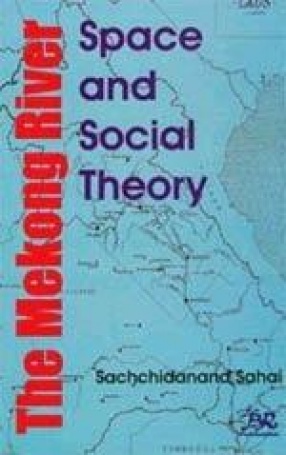
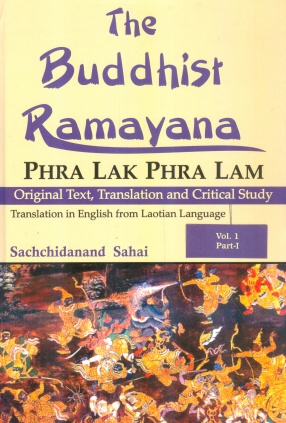
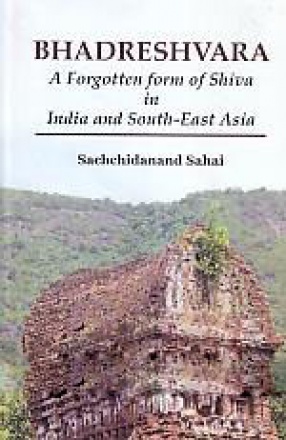
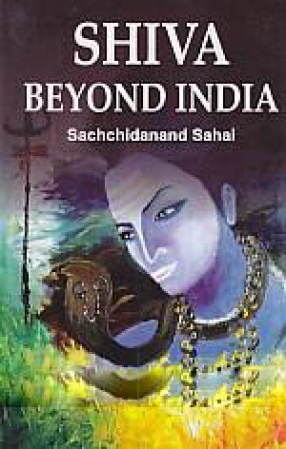
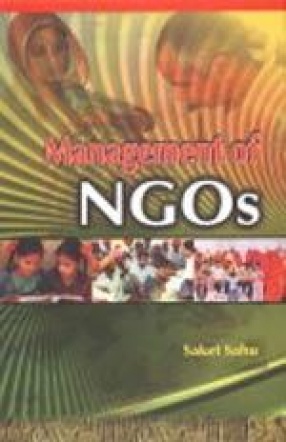
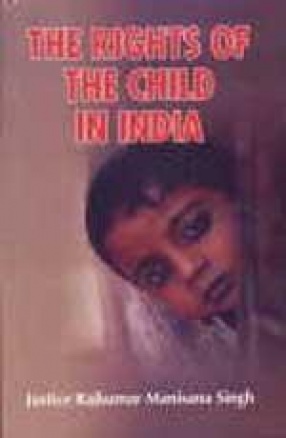

There are no reviews yet.